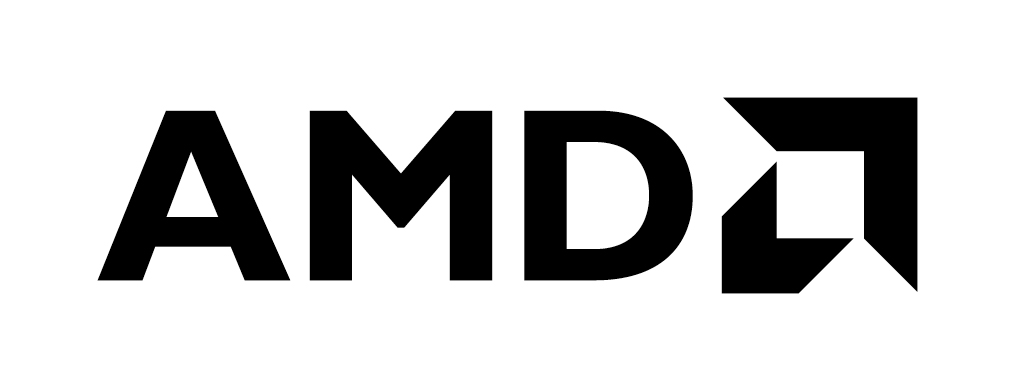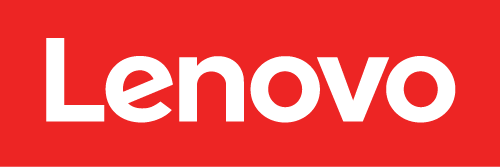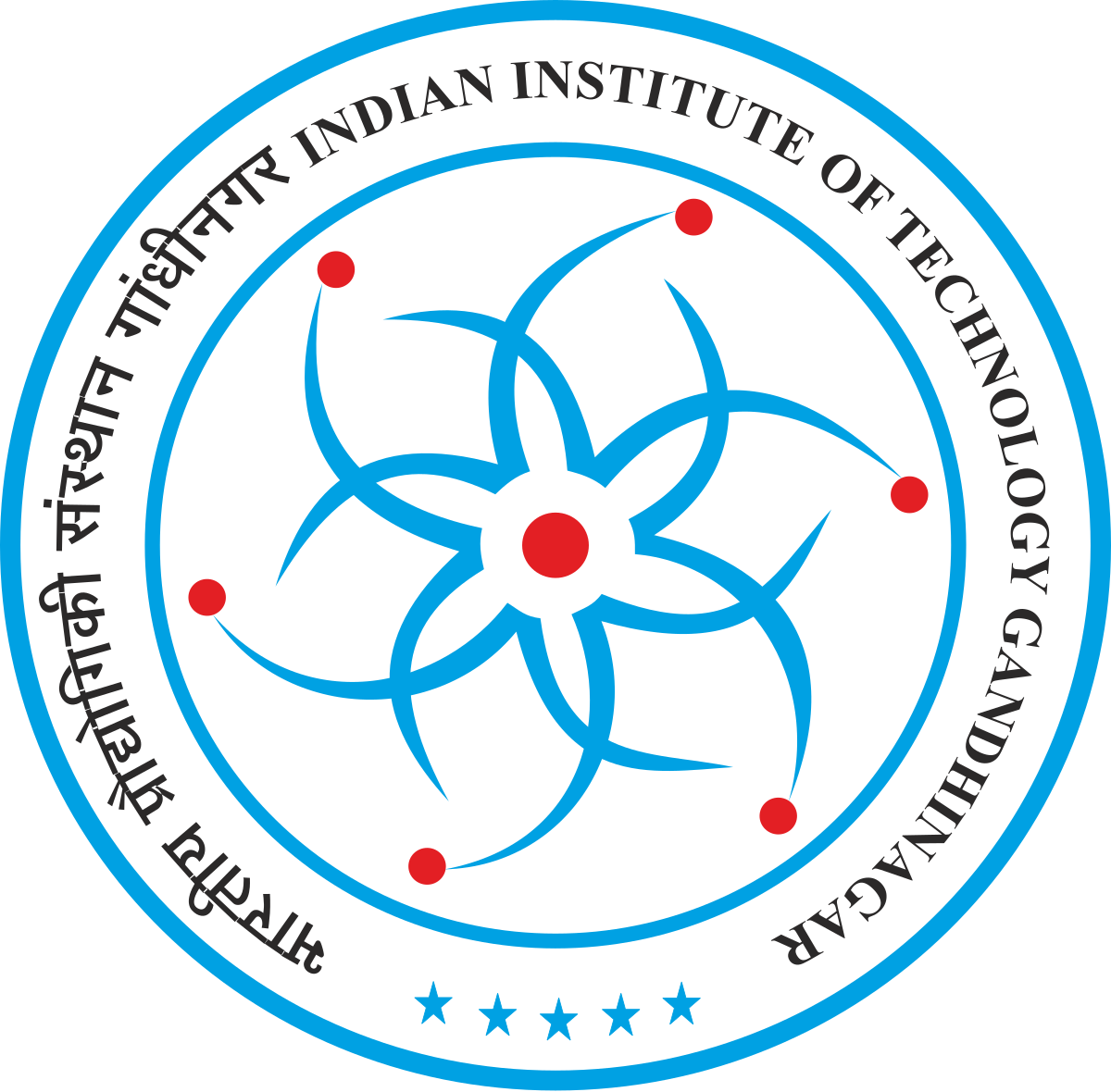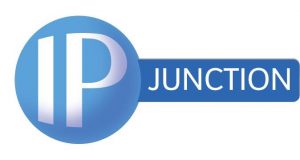5G network may not be able to support ultra-high speed and massive connectivity for diverse futuristic applications. Therefore, wireless R&D community is working towards 6G by leveraging Artificial Intelligence (AI)-based infrastructure and advanced capacity networks. A 6G network follows up on 4G and 5G using higher-frequency radio bands to support sophisticated mobile devices and systems like automated cars, virtual and augmented reality with ultra-low latency and high security. Among the available frequency bands, the Terahertz (0.1-10 THz) band has been identified as the most promising one to address the spectrum scarcity and capacity limitations of current wireless systems. Furthermore, the unique properties of THz wave propagation enable novel sensing and localization capabilities.
However, to make communications viable in THz bands several challenges needs to be handled. These include waveform design, speed and complexity of processing, high impact of environmental factors, beam squint, high pathloss amongst others. This calls for revolutionary and high-risk early analysis and design ideas to be implemented.
The workshop aims to bring researchers/experts around the world together to explore and discuss the state-of-the-art research and local initiatives in the THz communications. The workshop will include invited speakers and those selected from the open call to join as speakers. Further, prospective authors are invited to submit articles on topics of interest include, but not limited to:
- Propagation mechanisms and characteristics at the THz band
- Waveforms, coding and modulation methods
- Application of artificial intelligence and machine learning
- Resource allocation schemes at THz band
- Multiple access schemes analysis
- Applications of THz communication and networks
- New paradigms, prototyping, measurements, and experimentation based on detection techniques
- Reconfigurable intelligent surface (RIS)-assisted THz system design
- Beamforming and beamtracking
- System-level design of THz systems
Paper Submission Deadline: November 15, 2022
Workshop Date: December 18, 2022
The EDAS link for paper submission is the following: https://edas.info/newPaper.php?c=30281&track=114822
Workshop Organizers
- Prof. Vimal Bhatia-IIT Indore (vbhatia@iiti.ac.in)
- Prof. Sanjeev Sharma-IIT BHU (sanjeev.ece@itbhu.ac.in)
- Prof. Kuntal Deka-IIT Guwahati (kuntaldeka@iitg.ac.in)
- Prof. Premanandana Rajatheva, 6G Flagship, University of Oulu, Finland (nandana.rajatheva@oulu.fi)











